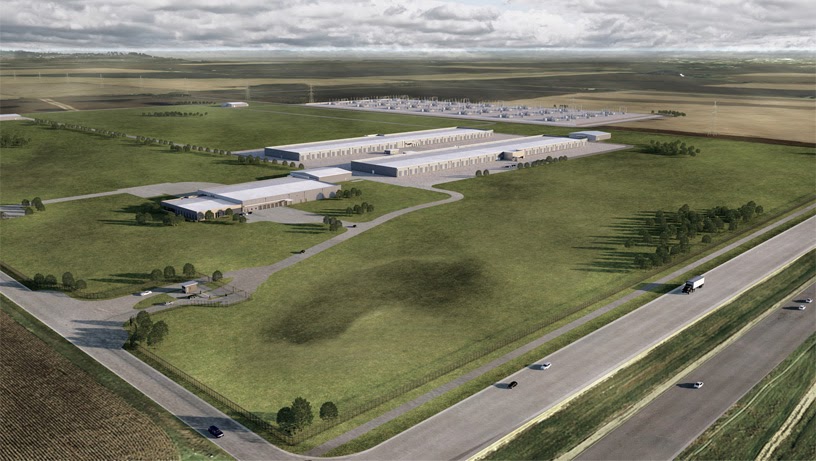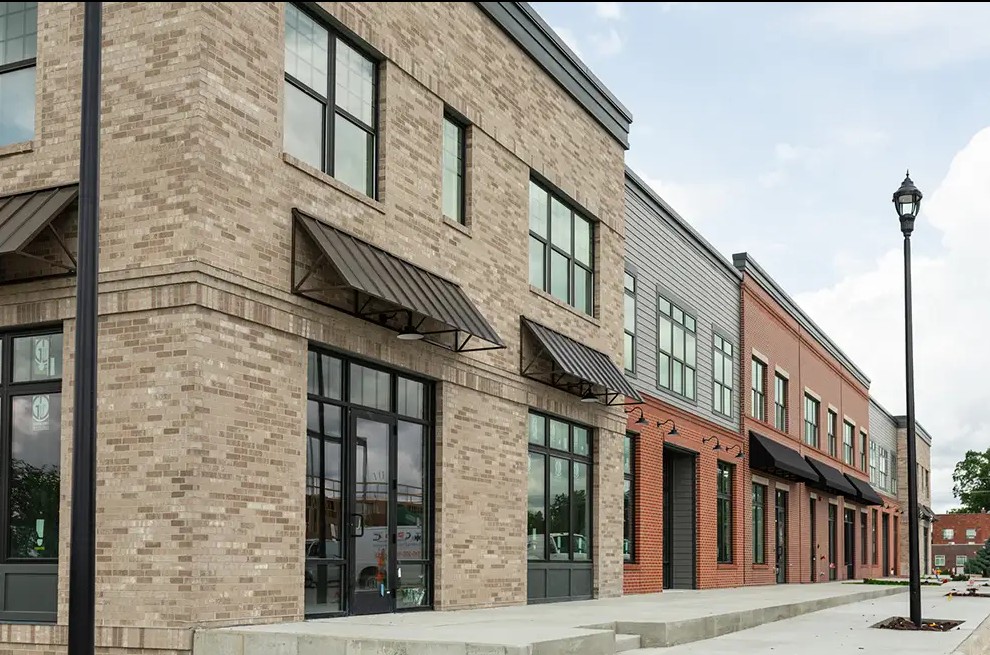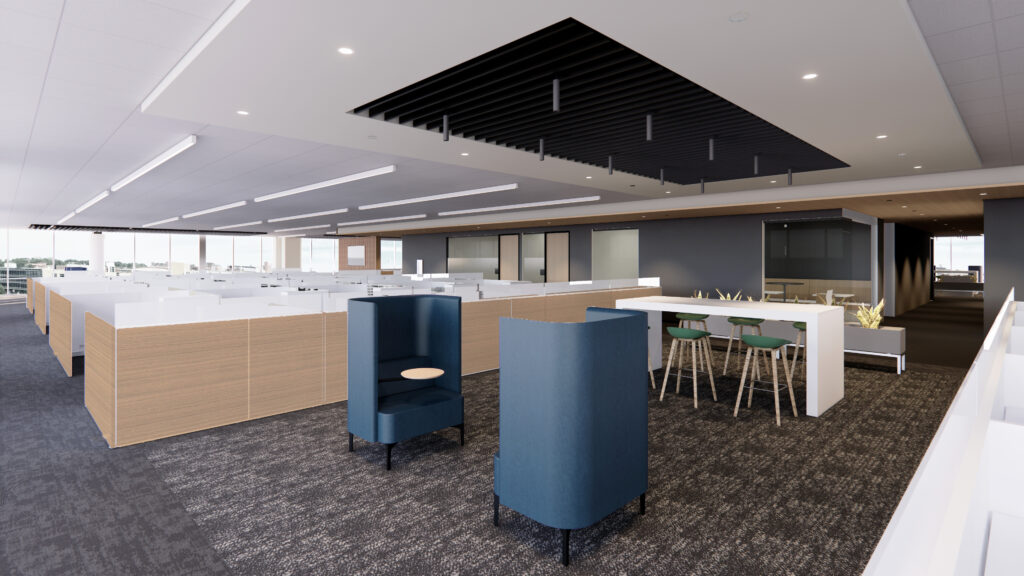More signs of real estate life downtown

A Canadian investment group bought Keck City Center May 17, and on May 22 unveiled its remodel of the Partnership Building to accommodate 34 executive office spaces. The Winnipeg-based group paid cash for both buildings: $4.5 million for the Partnership Building at 700 Locust St. and $3 million for Keck City Center at 500 Grand Ave., said Keith Olson, an associate with NAI Ruhl & Ruhl Commercial Co. in West Des Moines.
The buyers are representative of investors who are entering the Greater Des Moines market, holding large amounts of cash that generate scant returns in other investments, said Kurt Mumm, who leads the Greater Des Moines Ruhl & Ruhl operation.
Olson brokered the sale of Keck City Center and is the leasing agent for it and the Partnership Building, where $1 million was spent to remodel 10,000 square feet on two floors into one- and two-person offices called Space2Work that can be rented under leases as short as one month.
The Canadian group plans additional improvements to the Partnership Building, which was bought last year at auction, including upgrades to the food court and atrium, Olson said.
Meanwhile, the group also plans improvements for Keck City Center, including a remodel of parking spaces and the 25,000 square feet that formerly housed the Downtown School.
The sale of both buildings is part of a trend that has removed several financially distressed properties from the downtown market. Many had been office buildings but no longer suit current desires for office space. They have been or are in the process of being converted to mixed-use properties with apartments and retail spaces.
The Midland Building at 206 Sixth Ave., acquired by Community State Bank in Ankeny in a voluntary deed transfer from the estate of the late Greater Des Moines businessman Ed Boesen, remains on the market with an asking price of $2.5 million.
Heath Bullock of CBRE/Hubbell Commercial is marketing the property, which he said is 75 percent occupied and generating cash flow.
The sales over the last two years of bank-owned or financially challenged properties is encouraging, Bullock said.
“I think you’ll see some backfilling of empty space over the next couple of years,” he said.











